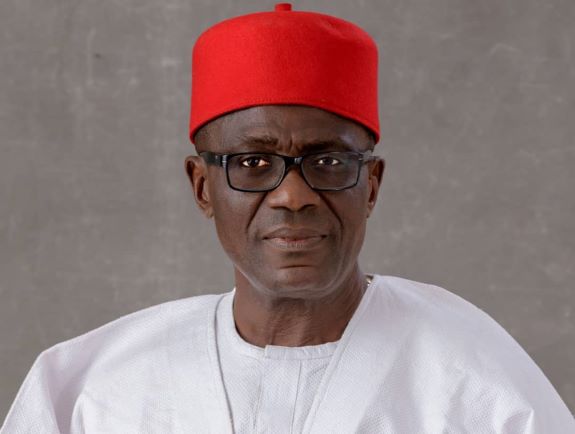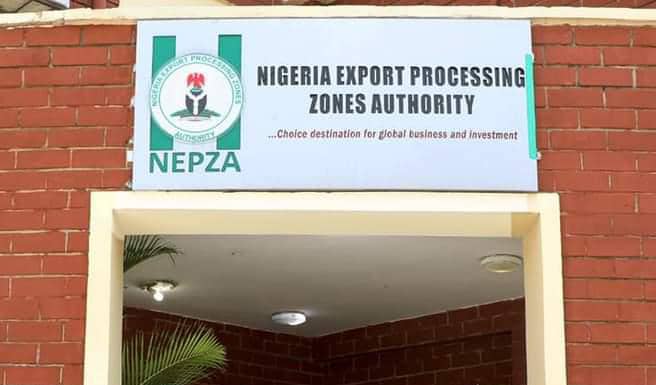The Nigerian Association of Chambers of Commerce, Industry, Mines, and Agriculture (NACCIMA) has warned that the recently passed 2022 finance bill will have a negative impact on the growth and development of the country’s private sector.
John Udeagbala, NACCIMA president, said this during the chamber’s ‘state of the nation’ press briefing held recently in Lagos.
Last month, the national assembly passed the 2022 finance bill, a legislation that proposes key reforms to specific taxation, customs, excise and fiscal laws. The bill is currently awaiting presidential assent.
Udeagbala said the bill attempts to add more financial burden on private businesses that are presently struggling to stay afloat.
Advertisement
“Scarcity of foreign currency, poor business environment, high cost of energy amongst other macroeconomic indices are heavyweights that toll against businesses, especially the organised private sector, so that any further tax increases on businesses may simply lead to shutting down of many companies and worsening the already bad unemployment crisis in the country,” he said.
Udeagbala said it has been barely two years since the government raised the education tax from two percent to 2.5 percent.
He said while many companies were still struggling to adjust, the same tax is being raised to three percent.
Advertisement
“Value added tax has also been raised from five percent to 7.5 percent over the same period. This is besides over 50 other forms of taxes and levies being imposed on the organised private sector of Nigeria (OPSN) by both federal, states and local governments,” he said.
The NACCIMA president added that there are other tax bills currently at the national assembly seeking to impose taxes and levies on business establishments and companies, such as the National Information Technology Development Agency (NITDA) levy, National Social Insurance Trust Fund, company income tax, among others.
Udeagbala also emphasised the need for Nigeria to embark on a structural adjustment that would transform the country’s economy from consumption to production in order to halt the steady decline of Nigeria’s GDP.
“As a matter of fact, the GDP growth rate has been dropping on a quarter-by-quarter basis since the 5.01 percent recorded in the second quarter of 2021,” he said.
Advertisement
“The implication of this is that economic activities are contracting, and businesses are dying.
“The private sector has suffered humongous losses due to the absence of turnaround targets for the basic needs of businesses in Nigeria.”
The industrialist also called for a national dialogue between all the tiers of governments in Nigeria and the members of the OPSN to find solutions to the worrisome rate of unemployment in the country.
Advertisement
Add a comment






